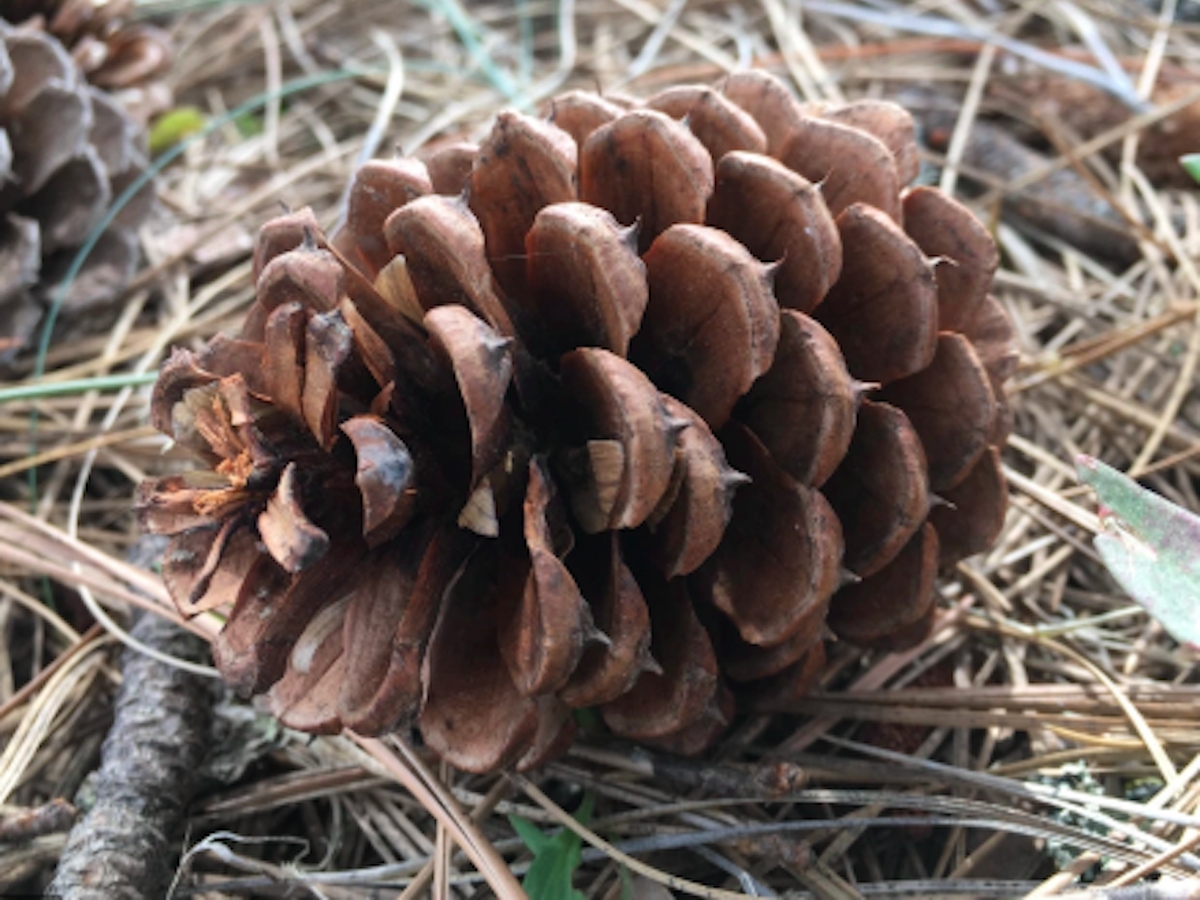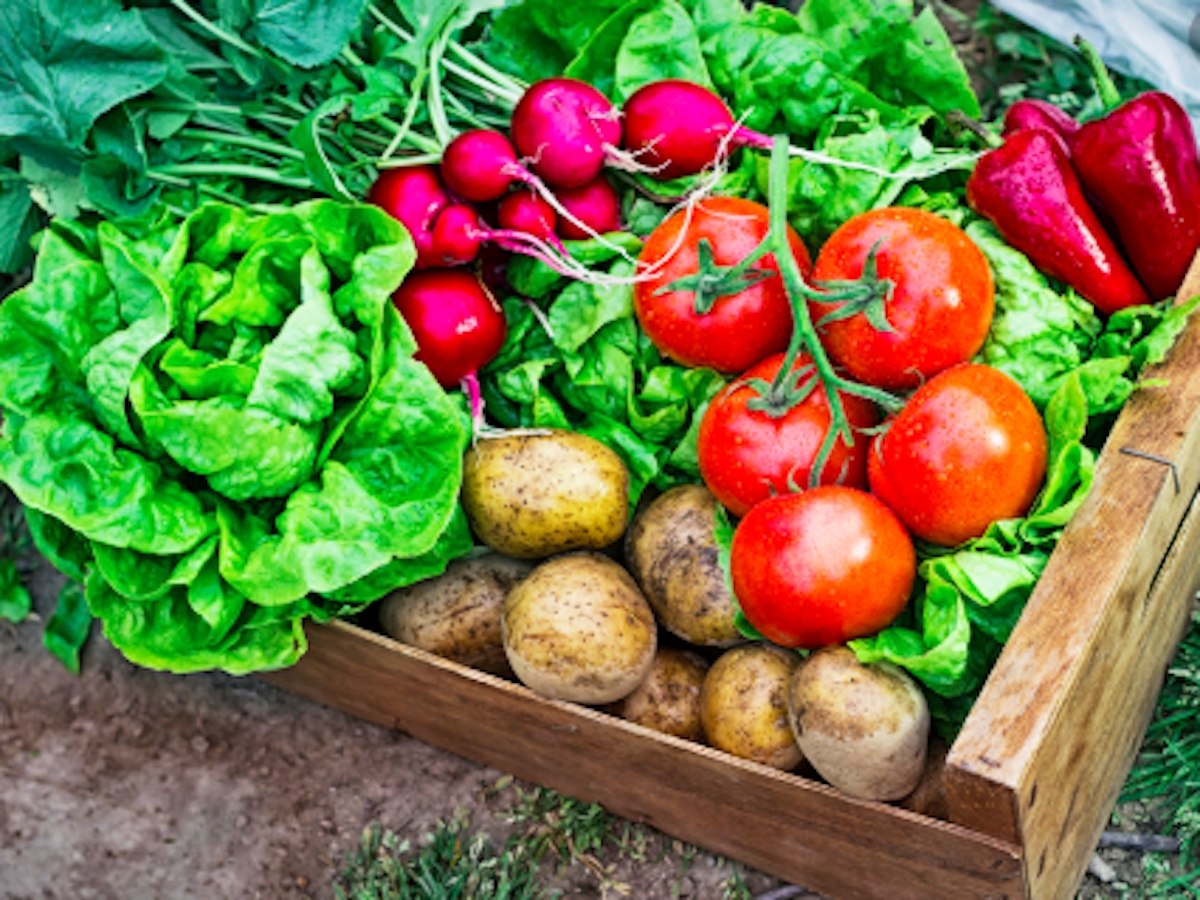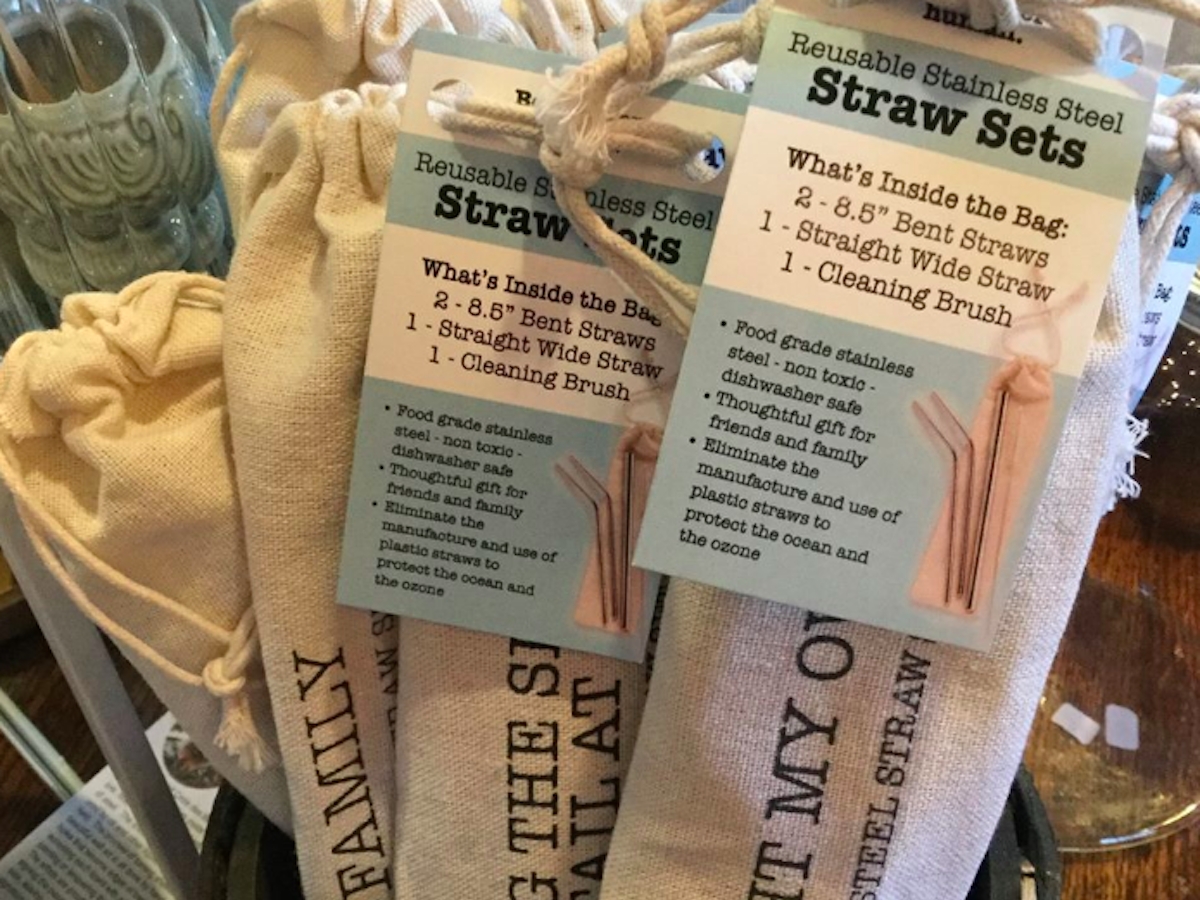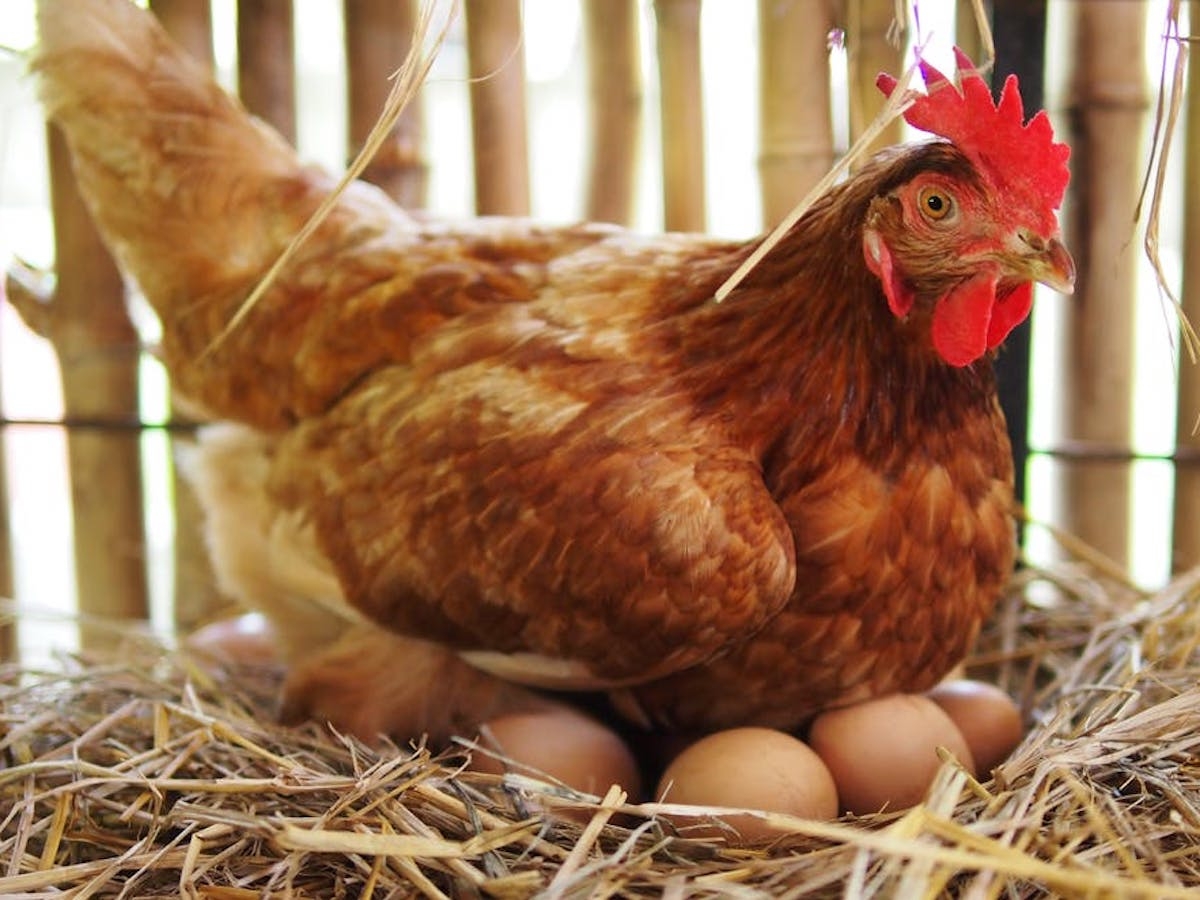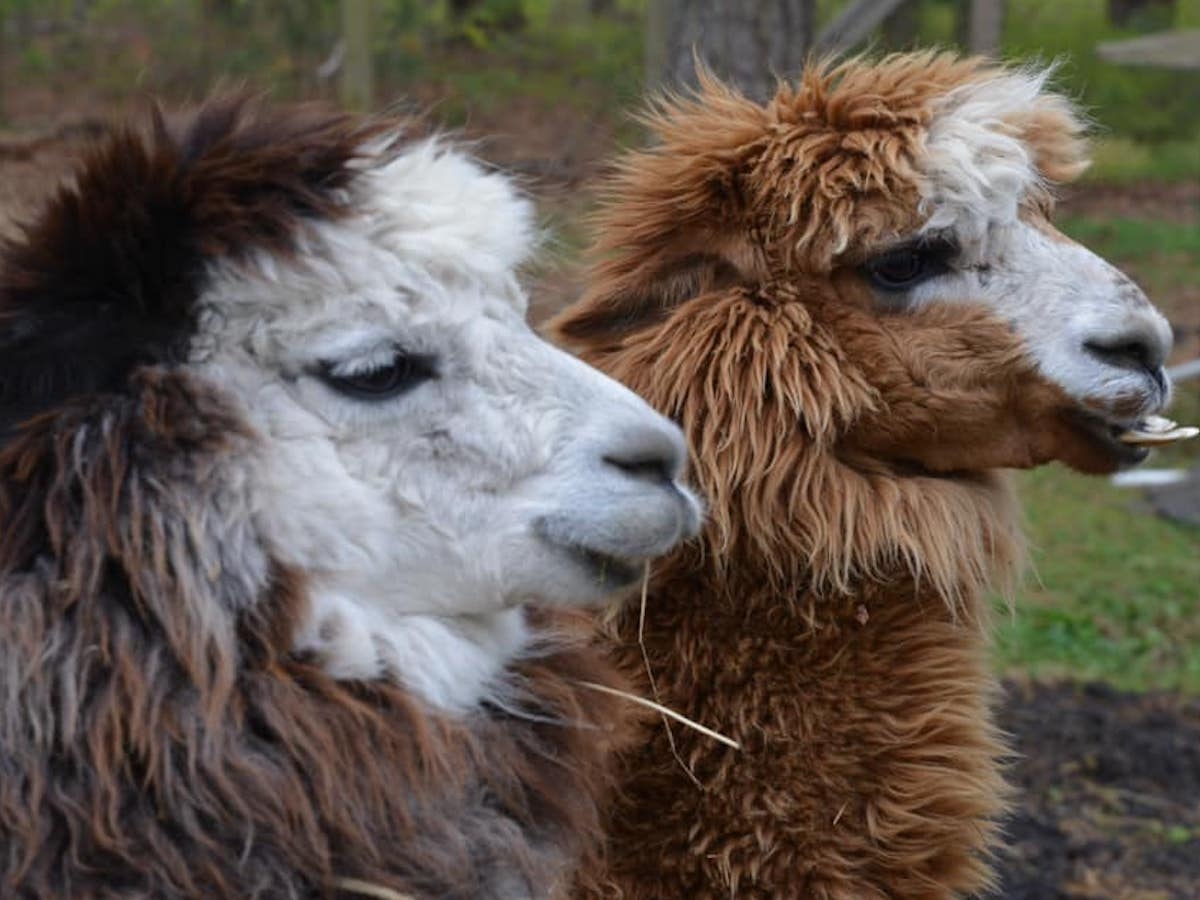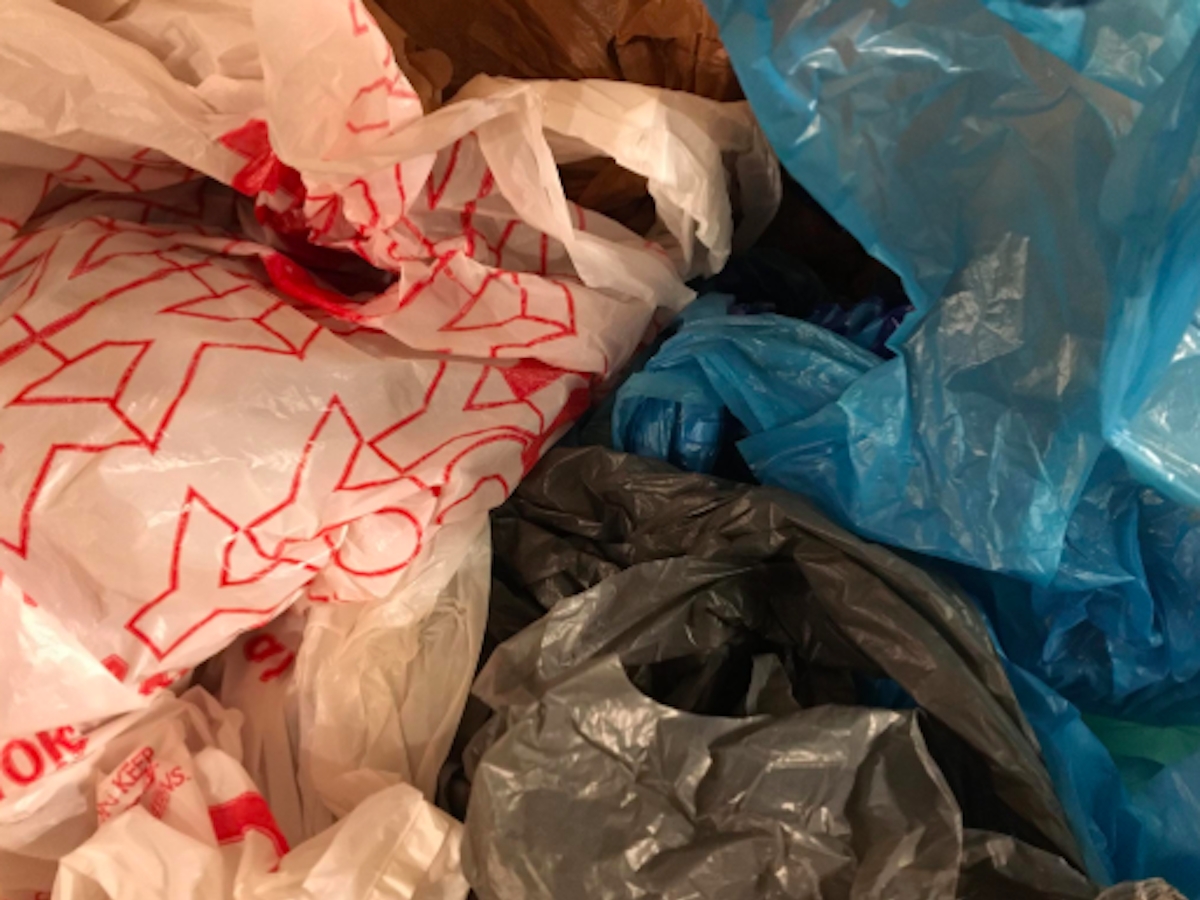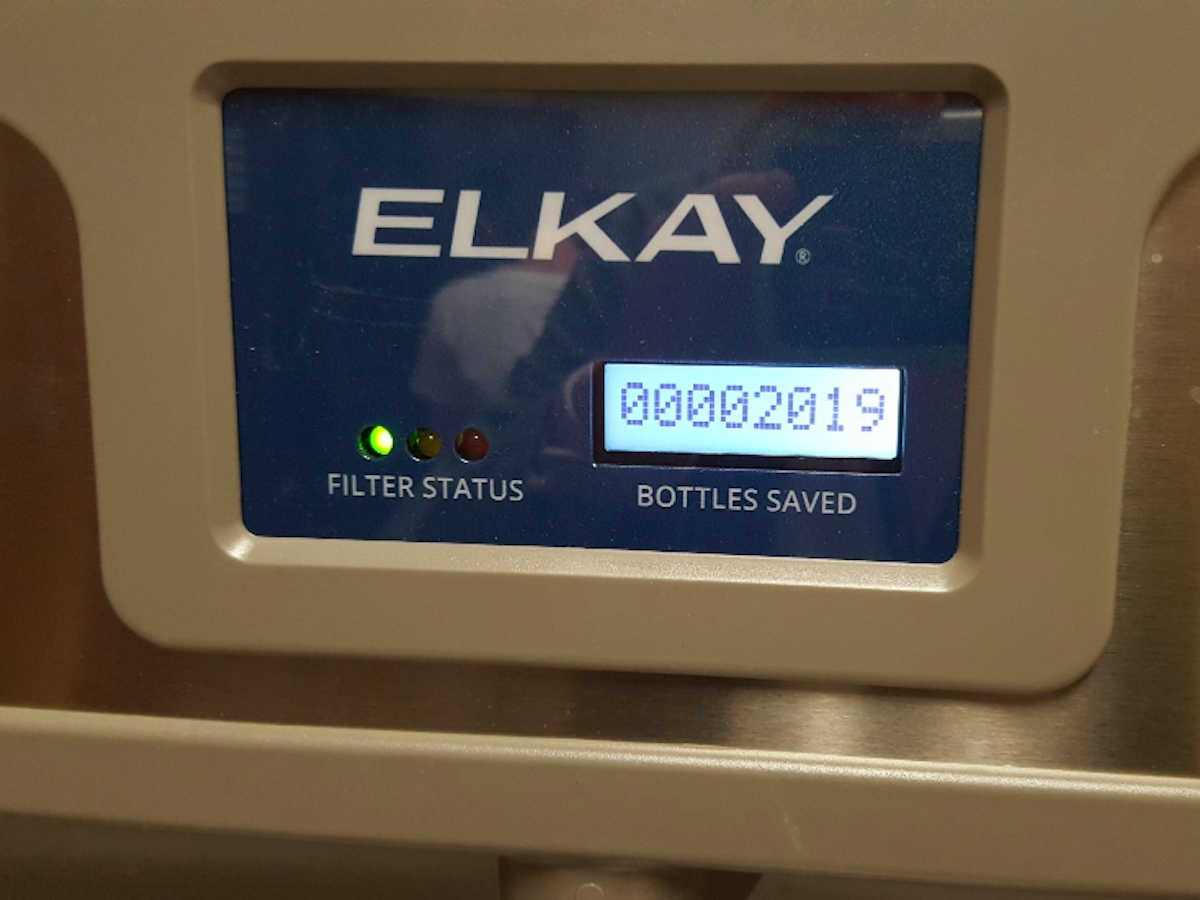Seed Shopping?
Why choose Heirloom Seeds, you ask? Exceptional taste is the No. 1 reason many gardeners cite for choosing heirloom varieties. Other great reasons: they are likely to be more nutritious than newer varieties, they are open-pollinated - which means you can save your own seed to replant from year to year, they are “less uniform” than hybrids - which means they often don’t ripen all at once, they are almost always less expensive than hybrids, and finally, many heirlooms have wonderful stories of how they came to America. Seeds saved from heirloom vegetables will produce plants that are true to type, unlike hybrid seeds. Save those seeds, and you can create your own locally adapted variety.
Go Stainless!
Help the planet by going stainless! The Station Coffee is selling metal straw sets - a great, eco-friendly alternative to plastic straws. These re-useable stainless steel straw sets include two standard 8.5" bent straws, one wide, straight straw and a cleaning brush. Stainless steel drinking straws are safe, will not degrade over time or leach a metallic taste into drinks and, they're designed to end single-use plastic straws for good. Due to their sturdy build, stainless steel straws can be carried wherever you go. Changing habits can be difficult, but it's clear that changing our habits with plastic straws will greatly help the sustainability of our planet.
Freezing Fresh Eggs
As winter is upon us, eventually our chickens will molt and we will be hard pressed to find enough eggs to make breakfast on a Sunday morning . . . So what to do? Even though it might not sound like a difficult job, freezing fresh eggs has come to be somewhat of a skill. Merchantville-Pennsauken Backyard Chickens shares what everyone, who has their own hens, needs to know. Having some eggs ready for an omelet or french toast in winter is always good and eggs are not frozen whole. You will need to crack your eggs into an ice cube tray - preferably silicone. The Prairie Homestead shows you all there is to know about how to easily freeze fresh eggs - separately or together - in just a few minutes.
Vegan Haven Fundraiser
Take a break from the winter blues on Sunday, 2/2, and cozy up next to your favorite vegan at our Second Annual Winter Break at Eclipse Brewing for the finest drinks, the warmest company, delicious vegan eats, and help raise money for animals who really need your help. We will have a ton of auction items, 50/50 raffle, and a chance to enter in to win a pot of loot when you guess the gender of Quinn's cria (baby llama). This event is hosted by Marley Meadows Sanctuary and Eclipse Brewing. A $10 donation to reserve your spot is recommended beforehand as space is limited. Please pay via: Venmo: MarleyMeadowsAnimalSanctuary or Paypal. For more information contactThis email address is being protected from spambots. You need JavaScript enabled to view it.
County Plastics Ban Starts
Many towns across New Jersey chose New Year’s Day as the time to ditch plastic bags. The towns are part of a growing sustainability movement across the Garden State to cut back on plastic waste. Under new rules adopted at the October freeholders meeting, Camden County has banned single-use plastic bags, plastic utensils. Additionally, styrofoam food containers and single-serve disposable plastic water bottles - that come in bottles smaller than one liter - will no longer be allowed in county facilities or at county-sponsored events. "The research speaks for itself on the impact of plastics to our oceans, wildlife, and other natural resources," Camden County Freeholder Jonathan Young, liaison to the Office of Sustainability, said. "We cannot deny reality any longer and must begin taking whatever steps we have to reduce our reliance on these harmful materials. The Board is committed to finding environmentally-friendly alternatives that can serve the same functions at a fraction of the cost to our planet's health."
Eco-Friendly Class Gift
Thank you to Merchantville School Class of 2019 who donated a Water Bottle filling station that has already helped to saved our local environment from more than 2,000 plastic bottles. Elkay's bottle filling stations provide convenient hydration with a rapid fill of filtered water to quench thirst and minimize plastic bottle waste in the environment. Students can now fill up using water bottles that are eco-friendly and, at the same time, promote healthy choices by reducing the consumption of sugary drinks. The addition of this filling station will generate enthusiasm for school-wide sustainability, improve the overall health of students and reduce the number of disposable water bottles used at the school. Bottled water is the second most popular beverage in the United States and currently, only 20% of disposable water bottles are recycled. Plastic water bottles take a large amount of petroleum to make and transport and, up to 700 years to biodegrade.


